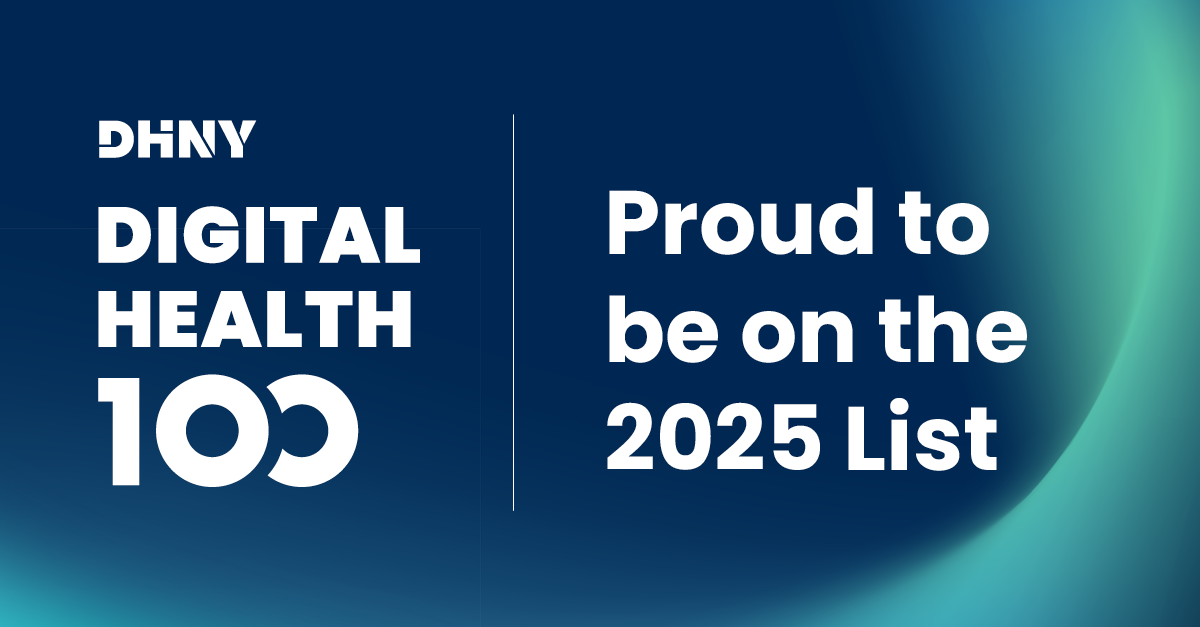Alzheimer’s is an age-related disease. As we get older chance to develop the disease is higher. As we all know, we cannot stop the aging process, but there are different ways we can apply to prevent or delay the disease. Many kinds of research and studies are going through to develop the strategies to prevent Alzheimer’s and other dementias.
Manage the risk factors
The most important part of Alzheimer’s Disease prevention is to address the risk factors. Please see our article on managing the risk factors here. There is significant evidence that through addressing the risk factors, almost half of Alzheimer’s Disease cases may be preventable. Below are the links to some of the academic studies supporting this:
- https://www.thelancet.com/article/S0140-6736(20)30367-6/fulltext
- https://www.thelancet.com/journals/lancet/article/PIIS0140-6736(15)60461-5/fulltext
To start addressing your risk factors, you can complete our Dementia risk factor assessment.
Cognitive training
Cognitive stimulating activities such as reading, drawing, counting letters, color arrangement, card games, and chess lower the risk of developing cognitive impairment and dementia. Scientists believe that when some brain function disrupts, these activities protect the brain by creating a “cognitive reserve”. Some studies show that participating in games, crafts, computer use, and social activities are associated with a lower risk of mild cognitive impairment (MCI).
Certain types of cognitive training have been shown to be especially protective of the brain. These include memory (verbal episodic memory), reasoning (inductive reasoning), or speed of processing (visual search and identification). Below are the links to some of the academic studies supporting this:
- https://pubmed.ncbi.nlm.nih.gov/17179457/
- https://www.ncbi.nlm.nih.gov/pmc/articles/PMC3934012/
- https://www.ncbi.nlm.nih.gov/pmc/articles/PMC4055506/
- https://www.tandfonline.com/doi/abs/10.1080/0361073X.2014.882204
- https://academic.oup.com/psychsocgerontology/article/76/4/681/6106303 (no coaching, with personal coaching we expect results to be even better)
- https://www.tandfonline.com/doi/abs/10.1080/13607863.2012.667783
Our memory coaching program is specifically designed to make use of these techniques, as well as to address the risk factors. You can sign up for sessions once you have become a member.






